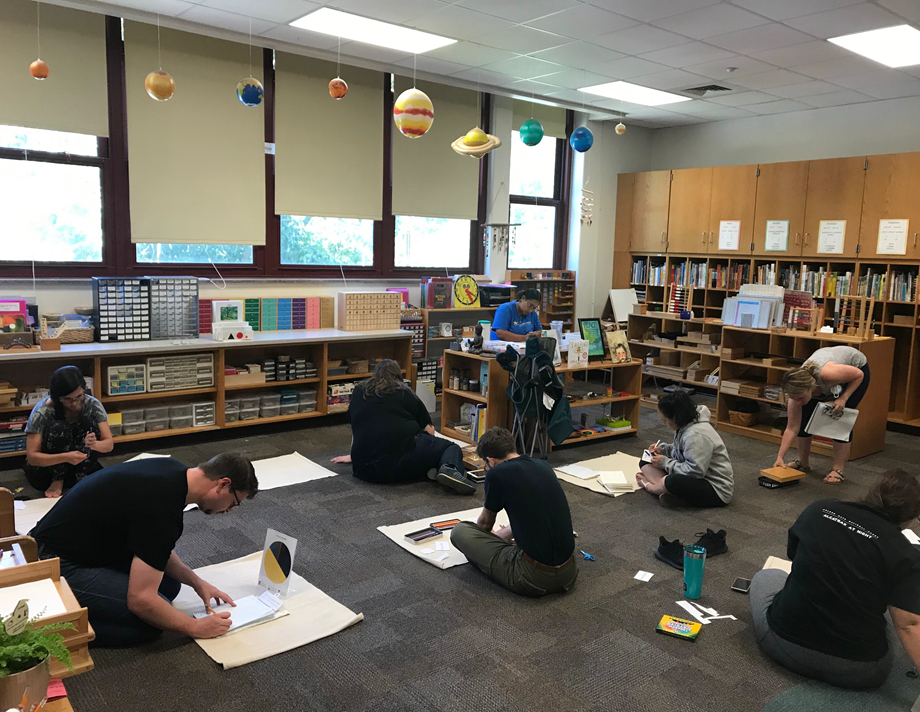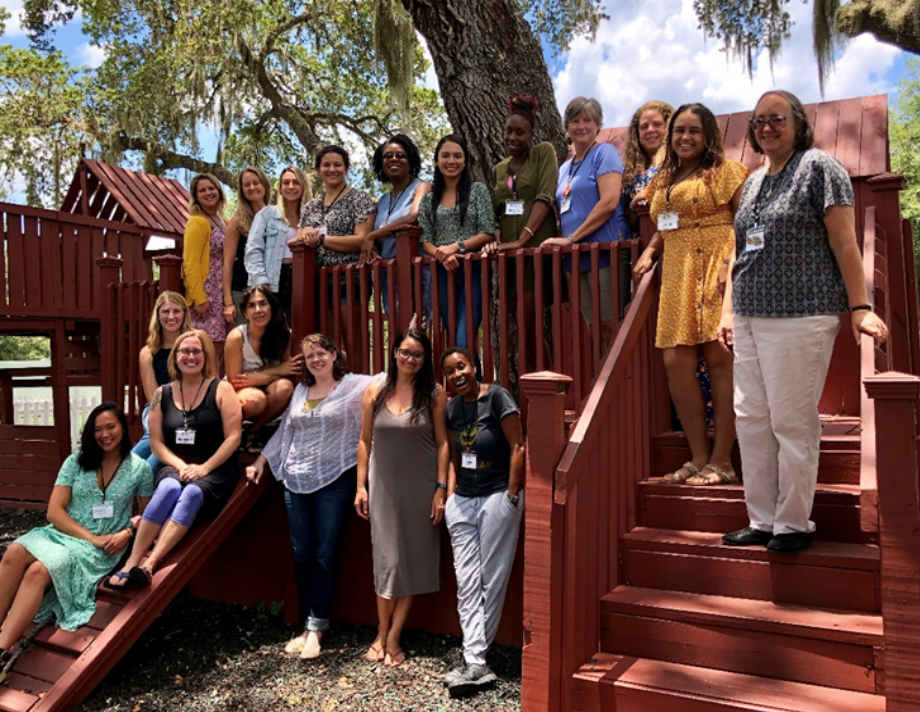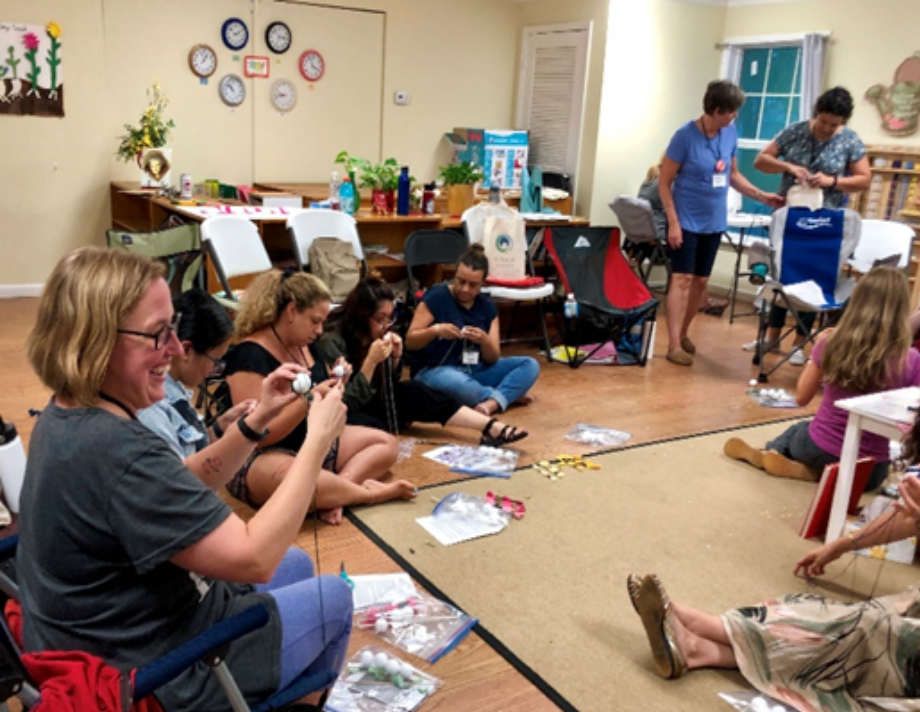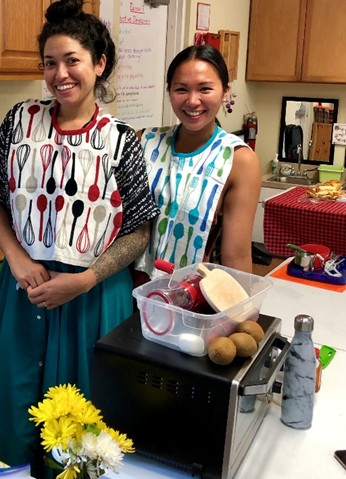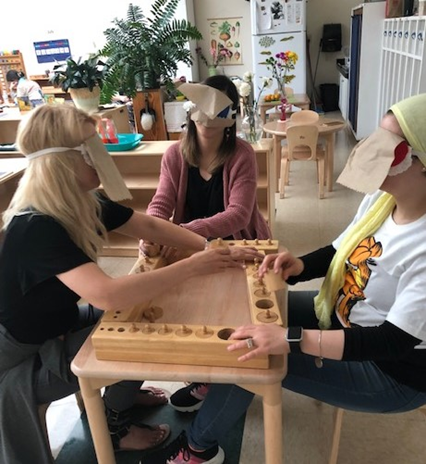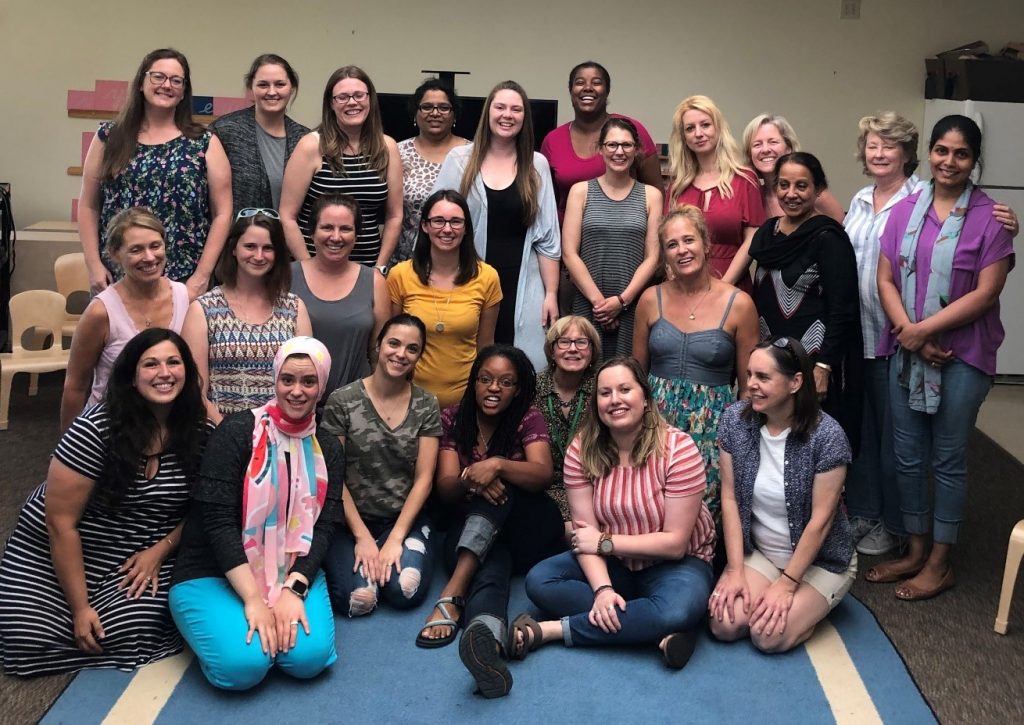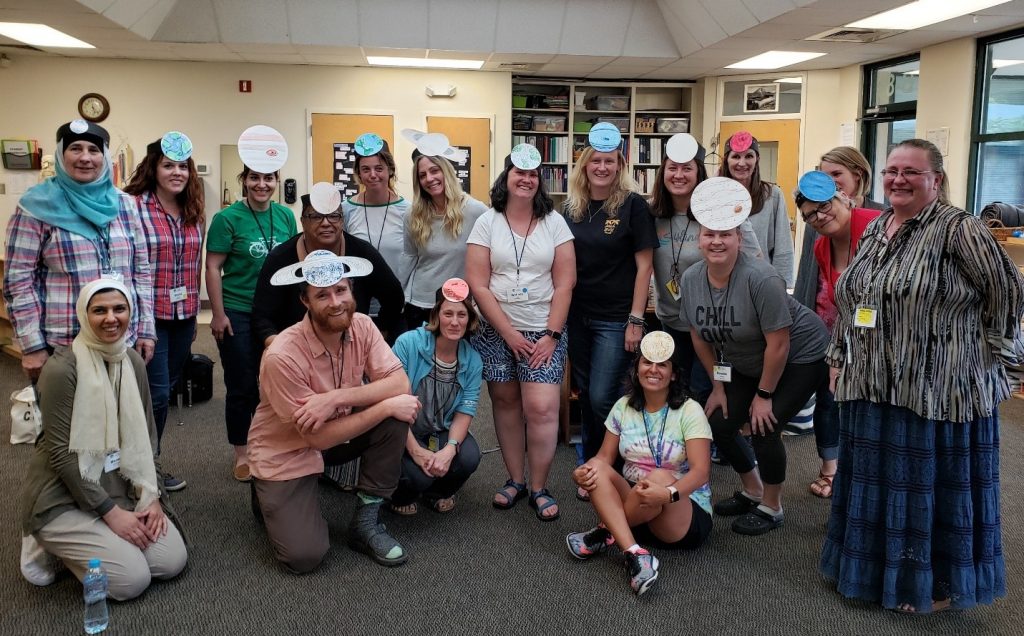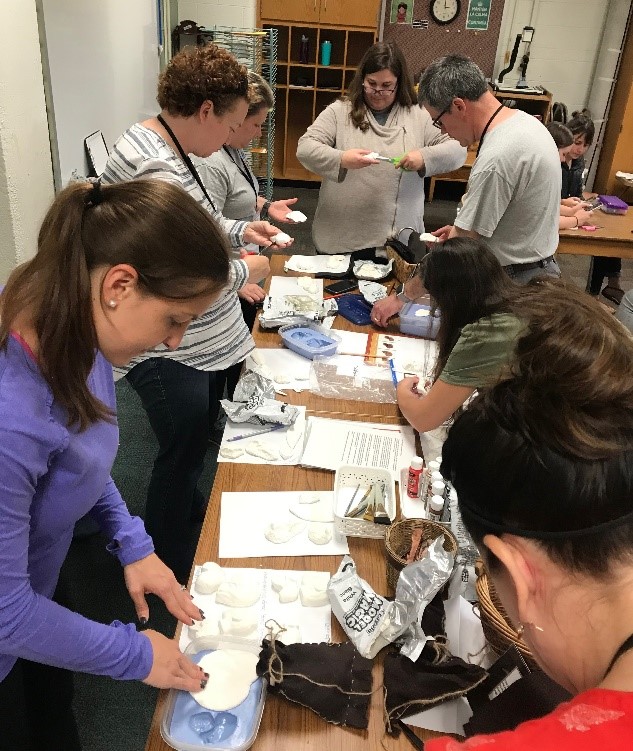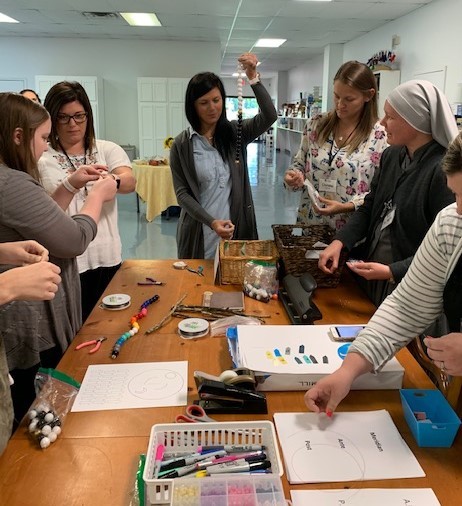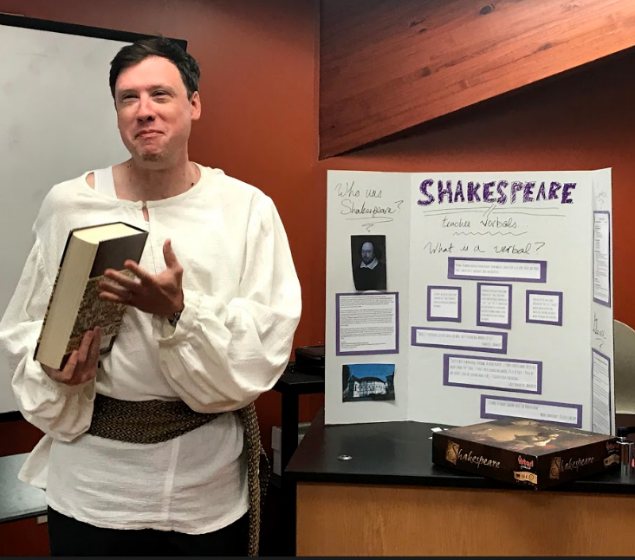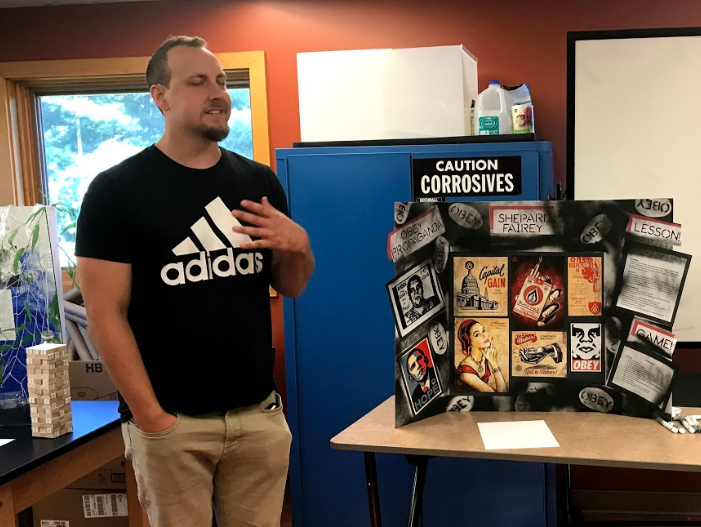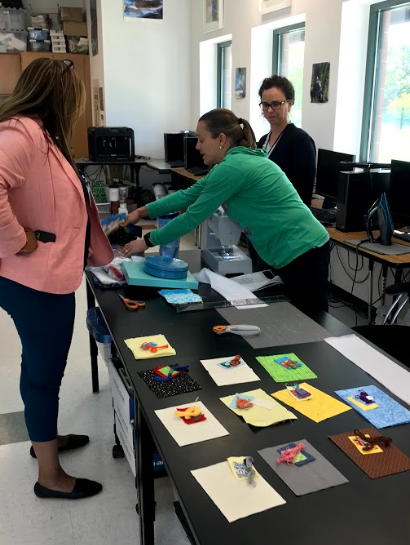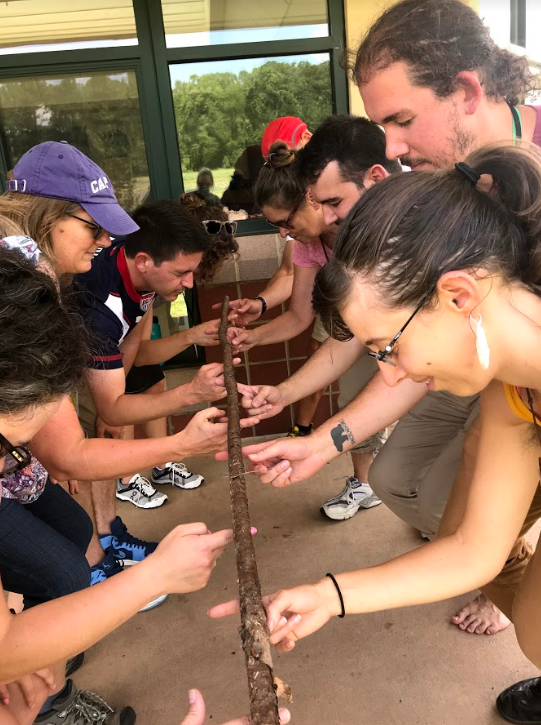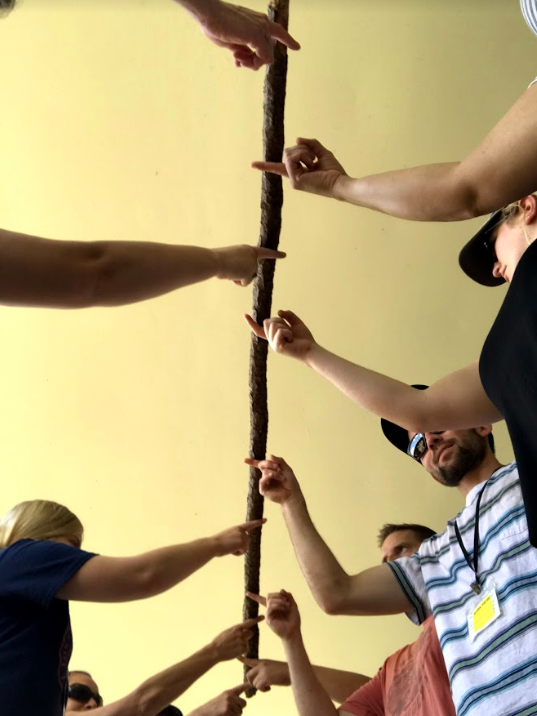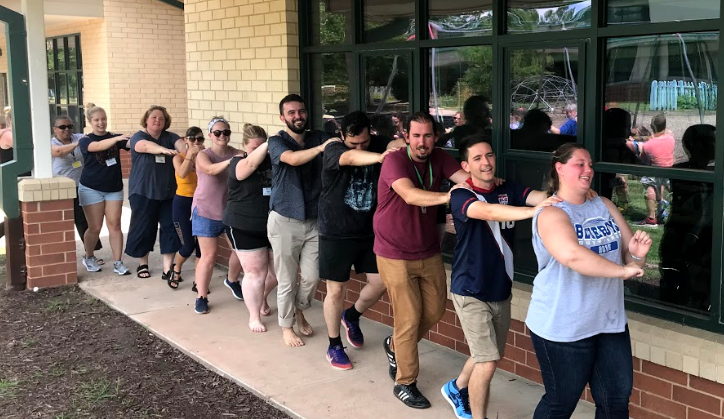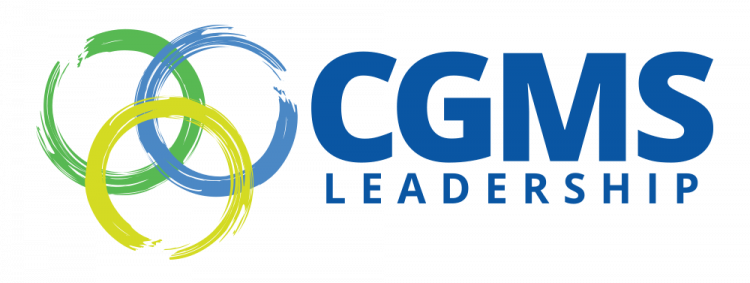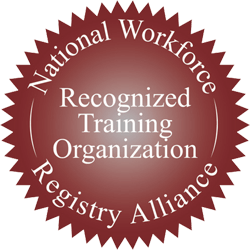CGMS invites you to review and renew this summer with our new summer webinar series. Each webinar will have two 90-minute sessions and will be lead by CGMS instructors and some guest presenters. There is something for everyone and every level.
Webinar Fees are reasonable with discounts for current CGMS certification students and graduates.
- Two Day Webinar Fee: $85 for general public/ $65 for CGMS students and graduates
- $5 discount for each participant when enrolling two or more from the same school
- $5 discount for enrolling in more than one Summer Webinar!
Register as a CGMS student or graduate or, select General Registration
Imagine That! Montessori’s work on Art and Imagination
August 1 and 8, 2019, at 7:00 pm EDT. For Early Childhood and Lower EL Teachers
Webinar Facilitator: Jana Morgan Herman
Unleash creativity in your classroom, the Montessori Way! In this two-session webinar we will review Montessori’s writings on art and imagination and learn how to bring it into and our classrooms in a purposeful way. We will explore the seven elements of art and how they are built into the Montessori materials you already have. Plus, there will be many examples of art lessons with instructions on how you can set up your environment in ways that will promote true artistic expression as well as creative storytelling. In between the two sessions, you will work on your own fun creative project to help you implement what you have learned.
Jana serves CGMS as an Online Instructor, Residential Session Instructor, Field Consultant and Practicum Advisor. She holds a Master’s degree in Montessori Education from St. Catherine University, and received her Early Childhood Montessori Credential (MACTE/AMS, MTEC San Fransisco) in 1997.Jana is a Teacher Educator in US and Asia. She has taught at the Early Childhood and Elementary level and is currently the Head of a small Montessori school in Kentucky. Learn more.
“Practical Life: It’s Elementary My Dear!”
August 1 and 8, 2019, at 6:30 pm EDT. For Elementary I and II Teachers.
Webinar Facilitator: Tammy Oesting
A hallmark of Montessori 3-6 classrooms is the extensive exercises for daily living, the practical part of the curriculum that prepares children to care for themselves and their environment. But did you know how important Practical Life is for your 6-12 year old students?
Montessori teacher educator Tammy Oesting delivers an engaging two-part webinar that reveals the purpose behind elementary Practical Life exercises providing innovative ideas for engaging your students with hand work, service projects, and a unique aspect of a Montessori elementary program: Going Out. With a foundation on the developmental needs and interests of your students, you will learn how to plan for and implement a rich Practical Life culture in your 6-12 learning environment.
Tammy Oesting, cofounder of Montessori professional development company ClassrooMechanics has been educating adults in Montessori for 20 years. Her passions include issues of social justice, training support staff, art education, neuroscience and education, and life sciences (AMS credential Early Childhood, Elementary I-II). Learn more.
Freeing the Human Potential: Reflections on the Art and Science of Being with Infants and Toddlers
Tuesdays, Aug. 6 and 13, 2019 at 7:00 EDT. For Infant and Toddler Teachers
Webinar Facilitator: Mercedes Castle
Over the course of two sessions we will get grounded in environments, environmental design and curriculum. We will take into account current research and how we might look to other alternative pedagogies and evaluate the appropriateness of integrating principles from RIE (Resources for Infant Educarers and Reggio/Reggio inspired schools) into our Montessori environments and curriculum. We’ll discuss how the teacher is a learner, using observations to inform curriculum planning and environmental design. In our second session, we’ll talk leadership, renewal and growth. Using resources like ‘The Tao of Montessori’ and ‘The Resilient Practitioner’ we will talk spiritual preparation of the guide, setting intentions, and being prepared to welcome our tiniest friends this fall.
Topics covered will include preparing an environment for learning using nature as a universal aesthetic; developing a responsive curriculum; becoming an observer and putting it into practice; being a leader in the classroom; and-Spiritual preparation through reflective practice.
Mercedes is the Head of School at Portland Montessori Collaborative and the founder, director, and lead guide at All Roads Learning Community from 2003-2012. Mercedes holds an M.Ed. in Educational Leadership and a B.A. in Biology from the University of California at Santa Cruz. She holds an Infant and Toddler Montessori Teaching Credential from the American Montessori Society. Mercedes is an Oregon Registry Master Trainer. She also completed the RIE Foundations course in fall, 2013. Mercedes is a public speaker, course instructor, consultant, mentor teacher, and Montessori Advocate. Learn more.
Register as a CGMS student or graduate or, select General Registration

